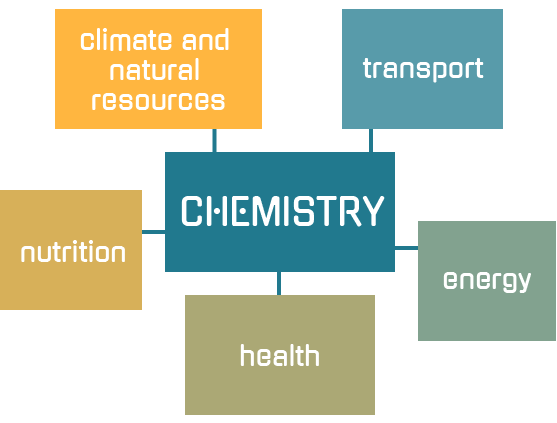The nitrogen crisis, PFAS problems, microplastics, CO2 emissions, energy consumption, the expansion of the national airport Schiphol, the Urgenda lawsuit and the corona crisis. They are all recent examples of the symptoms of a bigger underlying problem: reaching the limits of the technological and economic principles on which Dutch society is built. Progress has not been sustainable. The Netherlands is small and densely populated and therefore limits to growth are more visible. Many activities weigh heavily on the environment (intensive agriculture and livestock, air traffic, road traffic, shipping and the chemical industry).
Science is important right now. Nobel Laureate Ben Feringa always says: “Chemistry is the only sector that can actually make new molecules and materials.” Or in other words: only through chemistry can innovations such as sustainable products, environmentally friendly raw materials, clean production methods, smart materials and also corona vaccines come about. Discoveries in chemistry also offer opportunities for developments in other disciplines. Of the seven Societal Challenges as defined by the European Commission in line with the UN Sustainable Development Goals, five are related to chemistry.
Chemistry plays a central role in solving major societal challenges
The broad Dutch chemical sector – science and industry together – will take the lead in developing the sustainable technology of tomorrow. This will only succeed if the new chemists of the future are trained at the forefront of science. Only then can technological and economic progress take shape sustainably, while preserving prosperity.

